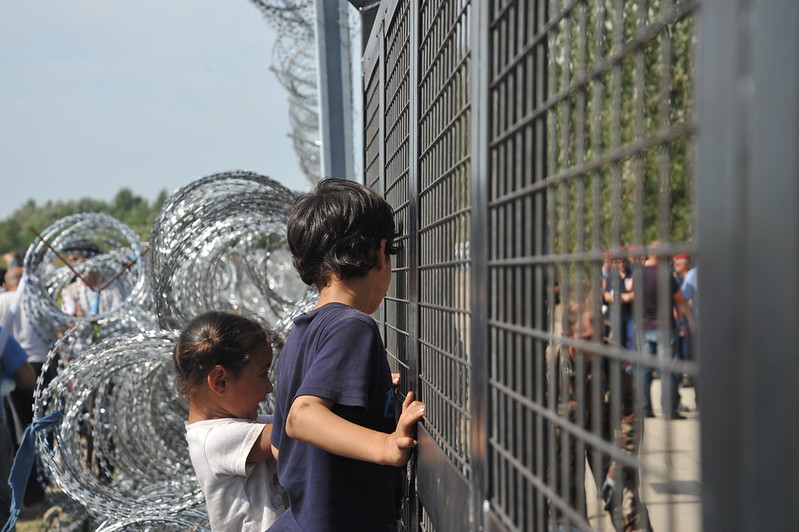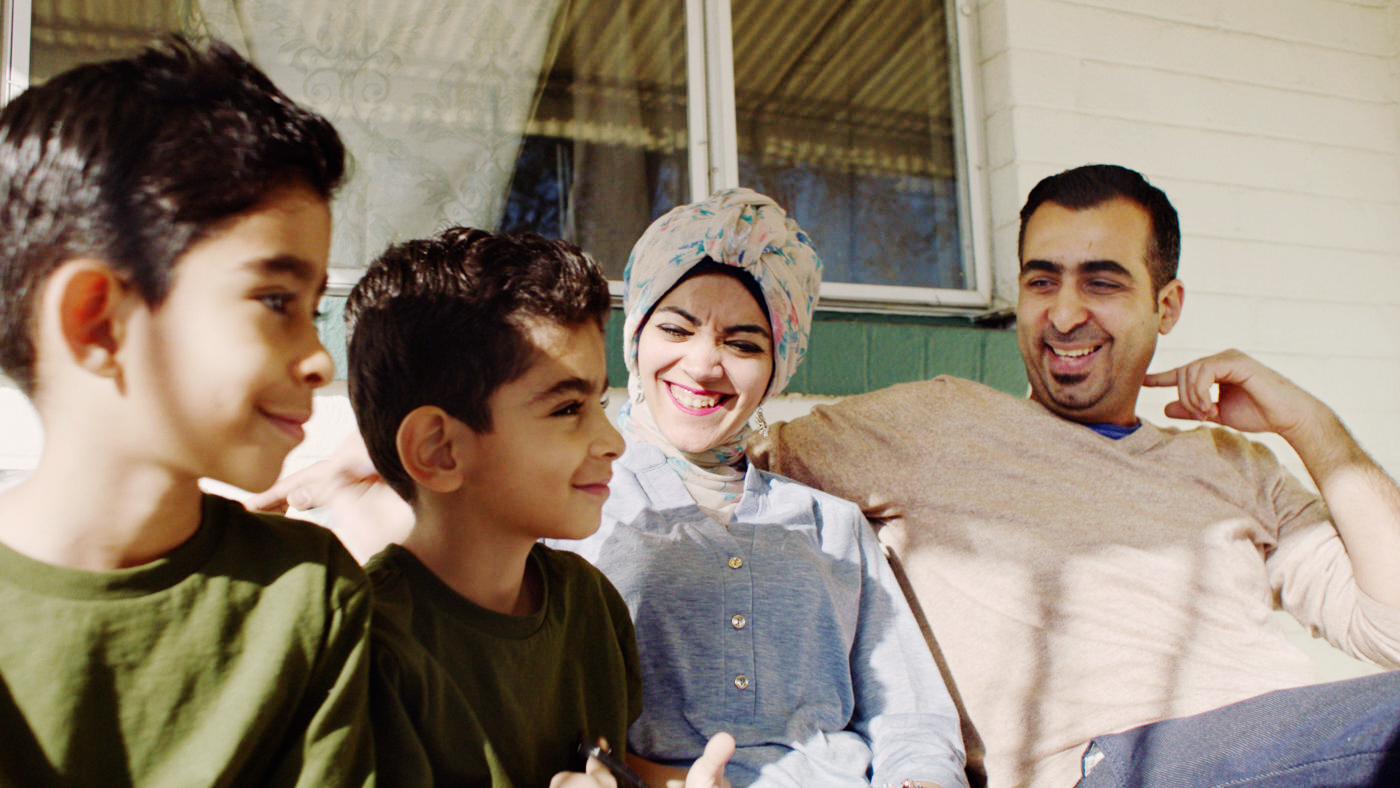
- Better Society -
- 4mins -
- 771 views
Airbnb community offers free accommodation for 20,000 Afghan refugees
The worlds largest online marketplace for vacation accommodation will provide temporary housing to 20,000 Afghan refugees worldwide – the cost will be met by contributions from both Airbnb and its CEO Brian Chesky, as well as donations to the Airbnb.org Refugee Fund.
Airbnb community supports Afghan refugees with homes for 20,000
On Tuesday 24 August 2021, Airbnb and Airbnb.org announcing that Airbnb.org will provide temporary housing to 20,000 Afghan refugees worldwide – the cost of which is funded through contributions to Airbnb.org from Airbnb and its CEO founder Brian Chesky, as well as donors to the $25 million Airbnb.org Refugee Fund.

Airbnb.org to provide temporary housing to 20,000 Afghan refugees worldwide
Over the past several years, the Airbnb community has opened thousands of doors to those in need. Airbnb.org – an independent 501(c)(3) nonprofit organisation dedicated to facilitating temporary stays for people in moments of crisis – has helped to shelter those displaced by natural disasters, and offered hundreds of thousands of places to stay and peace of mind to frontline workers at the height of the COVID-19 pandemic.
In this past week, it has become abundantly clear that the displacement and resettlement of Afghan refugees in the United States and elsewhere is a significant humanitarian crisis – and in the face of this need, the community says it is ready to once again step up.
On Tuesday 24 August, Airbnb and Airbnb.org announced that Airbnb.org will provide temporary housing to 20,000 Afghan refugees worldwide – the cost of which is funded through contributions to Airbnb.org from Airbnb and founder CEO Brian Chesky, as well as donors to the Airbnb.org Refugee Fund.
Airbnb and Airbnb.org recognise that the situation on the ground is fast evolving. Airbnb.org will closely collaborate with resettlement agencies and partners to go where the need goes, and evolve this initiative and our support as necessary. In addition, given the tremendous need, Airbnb urges fellow members of the global business community to join efforts to provide immediate support to Afghan refugees.
“As tens of thousands of Afghan refugees resettle around the world, where they stay will be the first chapter in their new lives. For these 20,000 refugees, my hope is that the Airbnb community will provide them with not only a safe place to rest and start over, but also a warm welcome home.”
— Brian Chesky, Airbnb CEO and co-founder
Source: Airbnb

In four years Airbnb have connected some 25,000 refugees to temporary housing
Yesterday’s announcement builds on efforts that have already begun in support of Afghan refugees at Airbnb and Airbnb.org. Last week, Airbnb.org gave emergency funding and support to the International Rescue Committee (IRC), HIAS and Church World Service to provide immediate temporary stays via the Airbnb platform for up to 1,000 arriving Afghan refugees.
Over this past weekend, Airbnb.org worked with partners to place 165 refugees in safe housing shortly after touching down in the US.
“As the IRC helps to welcome and resettle Afghans in the U.S., accessible housing is urgently needed and essential. We are grateful to our partners at Airbnb.org and Airbnb for once again offering their support and infrastructure to meet this moment, providing safe and welcoming places for individuals and families as they arrive in the United States and begin rebuilding their lives.”
— David Miliband, President and CEO of the International Rescue Committee
Over the past four years, Airbnb.org and Airbnb have connected approximately 25,000 refugees – including hundreds participating in the US Special Immigrant Visa Program – to temporary housing. Earlier this year, Airbnb.org announced the creation of the $25 million Refugee Fund, to further expand Airbnb.org’s support of refugees and asylum seekers worldwide.
The company say they know that Airbnb Hosts and guests around the world will be eager to stand up and assist this massive effort – and in the coming days, Airbnb and Airbnb.org plan to share details on how Hosts and the broader community can support this initiative. In the meantime, learn more about Airbnb.org’s work to open homes in times of crisis at airbnb.org.
Source: Airbnb

A $5 million personal donation from Joe Gebbia helped kickstart the refugee fund
Ahead of World Refugee Day in June, Airbnb.org announced a $25 million Refugee Fund, a fundraising initiative to expand the organisation;s support of refugees and asylum seekers worldwide, starting with programs run by non-profit partner organisations in the US and Central and South America.
“Since 2012, Hosts on Airbnb have opened their homes and helped people gain a sense of connection and belonging in the midst of immense crises. Airbnb.org’s Refugee Fund will expand on this generosity, and the work of our partner organisations, to connect more refugees and asylum seekers to places they can call home as they work to rebuild their lives,”
— Joe Gebbia, Airbnb Co-founder and Chairman of Samara and Airbnb.org.
As the US establishes the critical infrastructure needed to increase refugee resettlements, the expansion of this work will help non-profit resettlement groups meet the growing housing needs of refugees and asylum seekers escaping humanitarian crises around the world that were exacerbated by the COVID-19 pandemic.
An initial $5 million personal donation from Joe Gebbia helped kickstart the fund, alongside contributions from other major donors in the Airbnb community.
Source: Airbnb

